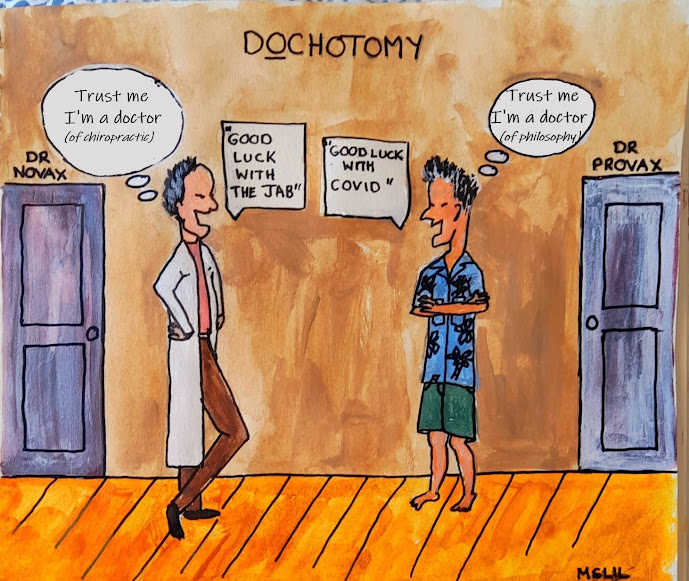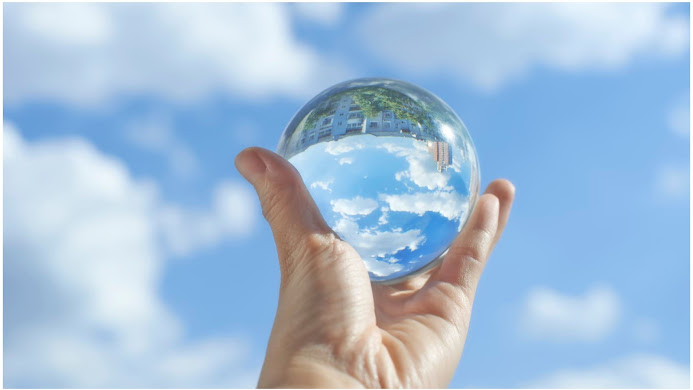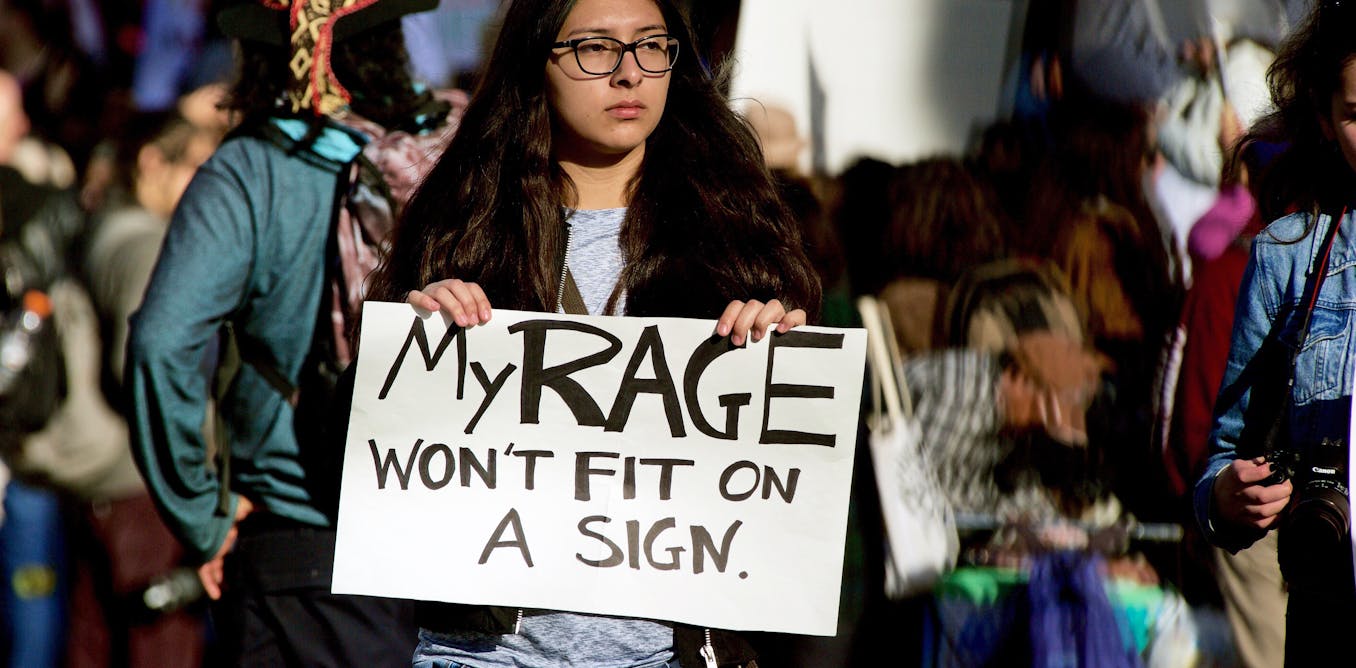In 2022, I wrote revised lyrics for Peter Sarstedt's 1969 song, 'Where do you go to (my lovely)'.
You can read my lyrics below...
And/or listen to my audio version here: Where do you go to (2022)
You
talk like a Russian princess
With plumped lips
& a ripe cupid’s bow
You blow a perfect air kiss
To those
that you don’t really know,
no no, not
at all
You
dance like they do on Tiktok
Swinging
shoulders & hips to the beat
You know that you
look very hot
Arousing envy in
all whom you meet, what a feat, feel the heat
[CHORUS 1]
But
where do you go to my lovely
when your
mobile phone battery is dead
tell
me the thoughts that surround you
I
want to look inside your head,
yes I do
Your
clothes are all
made to highlight
your features
your curves and your hair
Your bodycon
fashions fit tight
Cos you are an
influencer, so pretty, we can see
Your breasts are
so perfectly formed
That they dare us
not to stare
We wonder if
they’re silicone
Or maybe a gummy
bear, something’s there, you never share
[CHORUS 2]
Where do you go to my beauty
when you’re not
swiping left or right
Tell em the thoughts that surround you
When you're alone in your bed in the
night, out of sight, whatta fright
You're seen in all the right places
Snapchat, Insta,
Youtube and the net
Posting
perfectly-posed smiling faces
Seeking likes
from those you’ve never met, never could, never should
We've seen all the meals that you've eaten
All the places
that you’ve been
We've seen all the people
you’re meeting
Even seen your
daily routine, how serene, oh so keen
[CHORUS 1]
But
where do you go to my lovely
when your
mobile phone battery is dead
tell
me the thoughts that surround you
I
want to look inside your head, yes I do
You proudly
promote your webpage
Adding daily to
the image you’ve spun
Yeah, it’s a
fake for the glittering stage
And you keep it just for fun, for a laugh, a-ha-ha-ha
They say with the
support of your followers
You’ll soon be a millionaire
But what if it
makes your life hollower?
Do
you wonder if they'll really care, or give a damn
[CHORUS 2]
Where do you go to my beauty
when you’re not
swiping left or right
Tell me the thoughts that surround you
When you're alone in your bed in the
night, out of sight, whatta fright
[CHORUS 1]
But
where do you go to my lovely
when your
mobile phone battery is dead
tell
me the thoughts that surround you
I
want to look inside your head, yes I do
--------------------------------------------------------------------------
For more information about Peter Sarstedt's original version of this song: https://en.wikipedia.org/wiki/Where_Do_You_Go_To_My_Lovely
Words from Sarstedt's original version included in my revised version are highlighted in pink.
The supporting image for this post was generated by DeepAI Image Generator prompted by "Russian social media influencer, plumped lips, bodycon dress, taking a selfie"!



















